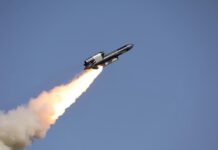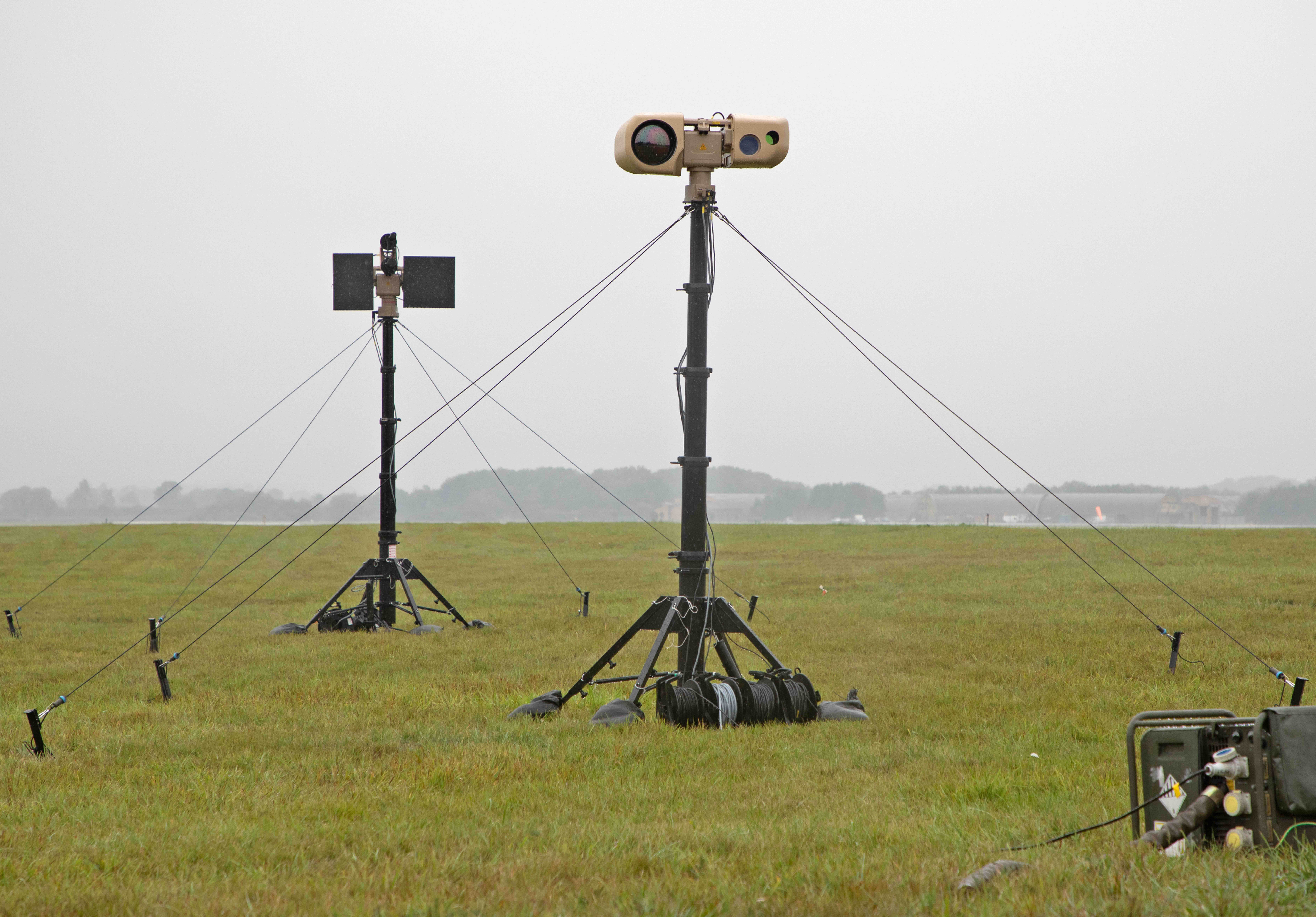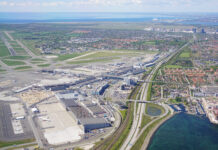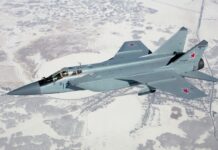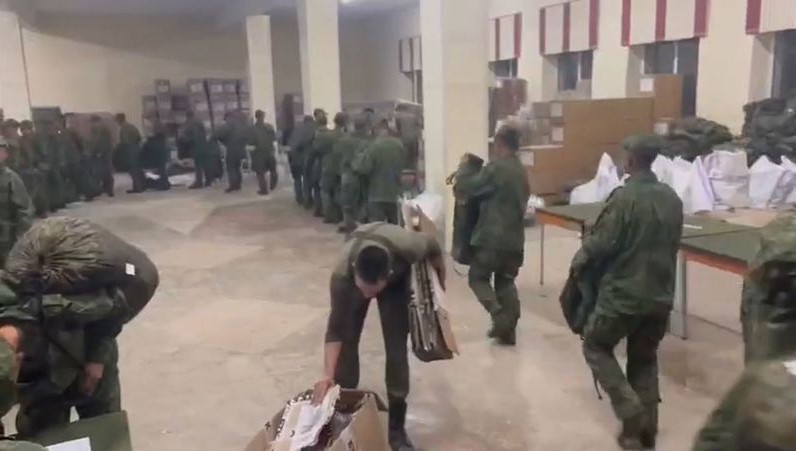
North Korean troops move adjacent to Ukrainian conflict zone
Peter Felstead
North Korean troops have arrived in Russia’s Kursk region adjacent to the conflict zone in Ukraine, the Ukrainian Ministry of Defence’s Main Directorate of Intelligence (HUR) reported on 24 October 2024.
“The first military units from the DPRK [Democratic People’s Republic of Korea], which underwent training at the eastern Russian training grounds, have already arrived in the combat zone of the Russian-Ukrainian war – in particular, on October 23, 2024, their appearance was recorded in the Kursk region of the Russian Federation,” the HUR stated on its website.
“The training of the soldiers of the DPRK army who arrived in Russia takes place at five military training grounds located in the east of the aggressor state – Baranovsky (Ussuriysk), Donguz (Ulan-Ude), Yekaterinoslavsky (Yekaterinslavka), 248th (Knyazye -volkonskoye) and 249th (Sergeyevka),” the HUR stated. “Several weeks are allocated for the co-ordination of the military from North Korea, which Russia intends to use in the war against Ukraine.”
The General Directorate of the Ukrainian Ministry of Defence estimates that the number of North Korean soldiers transferred to Russia is now about 12,000 personnel, including 500 officers and three generals.
US Secretary of Defense Lloyd J Austin III officially confirmed through US intelligence sources the presence of North Korean troops in Russia on 23 October.
Speaking in Rome, where he took part in the first G7 Defence Ministers Meeting, Austin stated, “We are seeing evidence that there are North Korean troops that have gone to … Russia. What exactly they are doing is left to be seen. These are things that we need to sort out.”
Austin added that this is a “next step” to North Korea’s provision of arms and munitions to Russia.
The presence of North Korean troops in Russia had already signalled by US military leaders before then, including by General Charles A Flynn, the commanding general of US Army Pacific, in comments he made at the 2024 Association of the US Army exhibition in Washington, DC, on 14 October.
In a speech that focused on warning about the need to counter the “incremental, insidious and irresponsible path” the Chinese military has taken in the Asia-Pacific region over the last two decades, General Flynn stated, “In my nearly 40 years of doing this, I have never seen the North Koreans, the Chinese and the Russians matched up, and whether [or not] they have signed an agreement or a document that says they’re doing that … they are absolutely working together. There’s North Korean soldiers that are now on the battlefield in Europe.”
For Russia, the deployment of North Korean troops in Ukraine could obviate the need for another round of general mobilisation in Russia after taking significant battlefield losses in Ukraine, which Ukrainian military sources put at around 686,000 since the conflict began as of 25 October 2024. Such a deployment would also mean that Ukrainian forces continue to be outnumbered on the battlefield.
For North Korea, the advantages of supporting the Russian war effort with troops as well as war materiel include another source of revenue for the cash-strapped country, as well as the gaining of combat experience for its military forces. It is also possible that Russia has promised remuneration in other ways, such access to sensitive military and nuclear technology.
Meanwhile, the reaction from South Korea, the government of which has taken a stronger line against Pyongyang in recent years, suggests the country may move further to support Ukraine. Speaking in Seoul on 24 October following a meeting with Polish President Andrzej Duda, South Korean President Yoon Suk Yeol stated that South Korea “won’t sit idle”, describing the North Korean troop deployment to Russia as “a provocation that threatens global security beyond the Korean Peninsula and Europe”.
While South Korea has up until now supported Ukraine with financial aid and through supporting sanctions against Russia, Yoon has raised the prospect of overturning Seoul’s long-time ban on providing arms to countries at war.





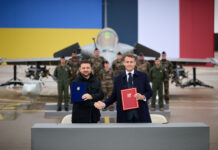
![Ukraine: Russian forces capture key towns [via Ugolok_Sitha Telegram Channel]](https://euro-sd.com/wp-content/uploads/2025/11/Russian-Motorbike-loaded_via-Ugolok_Sitha-Telegram-Channel-Kopie-218x150.jpg)


